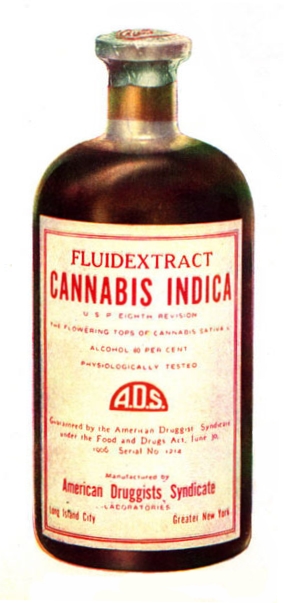The Chron covers the legislation that has been introduced to loosen medical marijuana laws just a bit.
The twin bills, both authored by Republicans and supported by lawmakers across the aisle, await hearings in Senate and House subcommittees.
The bills are far more restrictive than those that legalized medical marijuana in 23 states, broad laws that in general green-light the marketing of “whole plant” products to a wide range of patients, such as those with cancer, multiple sclerosis, HIV and other illnesses.
The Texas bills would allow for the implementation of “compassionate use” of CBD oil by 2018, a move that would effectively bypass FDA drug trials, which can take as long as a decade.
“These are families that have run out of options,” said Rep. Stephanie Klick, R-Fort Worth, a nurse and lead author of the House bill. “Other states have legalized CBD oil with promising results. We want Texans with intractable epilepsy to have that option.”
The bills face opposition from conservative lawmakers, who fear a yes vote might cast them as champions of marijuana, and from the Texas Medical Association, which is opposing the lack of testing available on CBD oil.
Even some parents of children with intractable seizures are against it, arguing their kids need higher levels of THC to make their convulsions stop, a dose ratio the Texas law wouldn’t allow. A botanical derived from plants, CBD oil would have to be calibrated from different batches to conform to the strict, low-THC ratio the Texas law would mandate.
It’s that very ratio that has made Dean Bortell an opponent of the Texas Compassionate Use Act.
His daughter Alexis, now 9, began having seizures at age 7, convulsing wildly and foaming at the mouth. The various medications doctors gave her actually made her condition worse, he said.
Bortell moved his family from the Dallas area to Colorado, becoming “medical refugees.”
Bortell said his daughter’s epilepsy now is well-controlled on CBD oil – $150 for a 40-day supply – but one of her doses contains more THC than would be allowed under the proposed Texas law. To get the right ratio, he must add pure THC oil to the CBD oil.
“If I got caught with that in Texas, I’d go to prison,” he said. “I’ve talked to tons of parents here in Colorado, and for many of them, the ratios in the Texas bills wouldn’t help their children because they require more THC. For no other medication does the law dictate dosing levels.”
See here for the background; most of what is in this story is also in the one I blogged about there. Time is beginning to get short for any bills that have not yet been heard in committee, so unless these bills get scheduled to be heard in the next couple of weeks, they won’t be going anywhere. One bill that has already gotten a hearing is Rep. Joe Moody’s bill to change possession of less than one ounce of marijuana to a civil penalty, like a traffic ticket. That bill has picked up some Republican cosponsors, which may be a sign that it could go the distance, or at least go farther. I’d like to see more done, and I’d go a lot farther on medical marijuana than the Compassionate Use Act, but this just doesn’t look to be the session for it.


All these piecework laws are doing is rearranging deck chairs on the Titanic. The only thing that will end the War on Drugs is complete legalization, keeping in place only the laws against providing them to minors unless there is a demonstrated need, as in the case of these unfortunate kids with seizures.
If and when legalization does finally occur here in Tejas, let’s hope it doesn’t go the way of alcohol, with mandatory middlemen and a prohibition on producers selling their product in their own retail outlets.
Imagine if farmers were prohibited from selling their crops to the public. The DPS would be busy in Hempstead busting watermelon growers, as an example.
texas: not getting it since 1836.
@ Joel:
Texas didn’t start criminalizing pot until 1913. I really don’t understand why 1836 (Texas independence from Mexico?) is a bad year for you. People (both anglo and Hispanic) trying to free themselves from government tyranny is a pretty positive thing in my book. The 1836 Texans understood personal liberty. Current Texans, not so much.